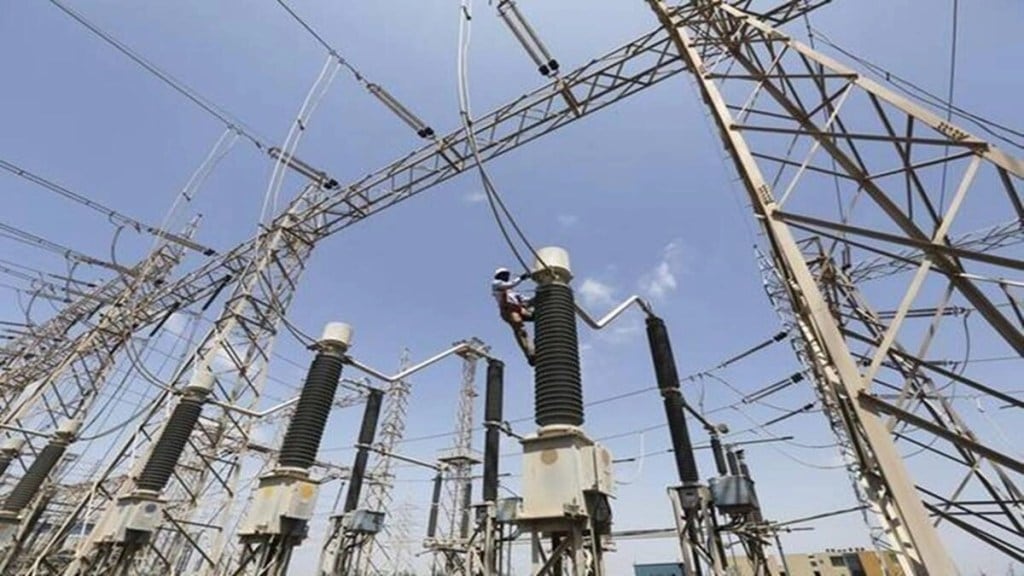By Manish Gupta
Compared to last summer, India’s power and coal sectors are better prepared to meet a significant rise in power demand expected during April-May this year. However, discoms may face cost pressures till they are able to recover dues from consumers.
“If you look at the coal stock situation at March-end we had close to 13 days of stock for the domestic coal-based power plants as against about 9 days in March 2022,” said Vikram V, vice-president and sector head, corporate ratings, ICRA.
The government has asked all domestic coal-based plants in January to import and blend coal to the extent of 6% of their requirement, expecting the domestic coal supply will not be sufficient.
“They (government) have pre-empted the shortfall by directing the gencos to import coal. Last year, this order came about in May so the two-month period was a challenge. This year, imports have been carried out well before the demand surge comes in,” he said.
The government believes that the average growth of energy requirement in India for year 2023-24 over the previous fiscal will be 4.9%. The peak power demand is expected to be around 229 GW during the summer period, as against last year’s 216 GW.
Even the India Meteorological Department (IMD) sees above-normal temperatures and the occurrence of heatwave (period of abnormally high temperatures) in many parts of the country this summer, which will further increase the demand for power.
“During the upcoming hot weather season (March to May (MAM)), above normal maximum temperatures are likely over most parts of northeast India, east and central India and some parts of northwest India,” IMD said in its latest seasonal outlook.
India Energy Exchange (IEX) in its March 2023 update said that while high temperatures and increased demand are expected in the coming months, supply side liquidity should improve due to the various initiatives by the government.
It said that the conducive policy and regulatory initiatives announced by the government to increase coal and gas-based generation “are likely to result in improved sell-side availability on the Exchange, leading to competitive prices and higher clearance for discoms and open access consumers”.
Also Read: Adani Power begins electricity supply from Godda plant to Bangladesh
It may be noted that the government had directed all power generators to complete their maintenance work before the high demand period so that there is no planned maintenance in April-May. Further, statutory directions were issued to imported coal based (ICB) plants to stock coal and generate power, and arrangements have been done for additional gas from GAIL for running gas based stations.
All captive coal blocks were asked to maximize coal production to supplement the coal supply from domestic coal companies – Coal India Ltd (CIL) and Singareni Collieries Company Limited (SCCL). Close coordination was initiated with ministries of coal and railways to increase the production and dispatch of coal.
“An Inter-Ministerial Sub Group comprising of representatives from Ministries of Power, Ministry of Coal, Ministry of Railways, Central Electricity Authority (CEA), CIL and SCCL meet regularly to take various operational decisions to enhance supply of coal to thermal power plants as well as for meeting any contingent situations relating to power sector including to alleviate critical coal stock position in power plants,” power minister RK Singh said in the Lok Sabha last Thursday.
While the overall power generation capacity in the country has gone up with more addition on the renewable side, the better coal stock situation and the order to import coal in January are likely to help the power sector in meeting the demand this time around.
However, there is a concern for discoms on the cost side.”Because of the increase in short-term power purchase costs and use of imported coal which is significantly costlier due to elevated international coal prices, the cost of supply for discoms is under upward pressure,” said ICRA’s Vikram.
One needs to watch out for the ability of the discoms to recover these costs from the consumers. Recovery depends on when and to what extnet the new increased tariff is approved by the regulators, he added.

